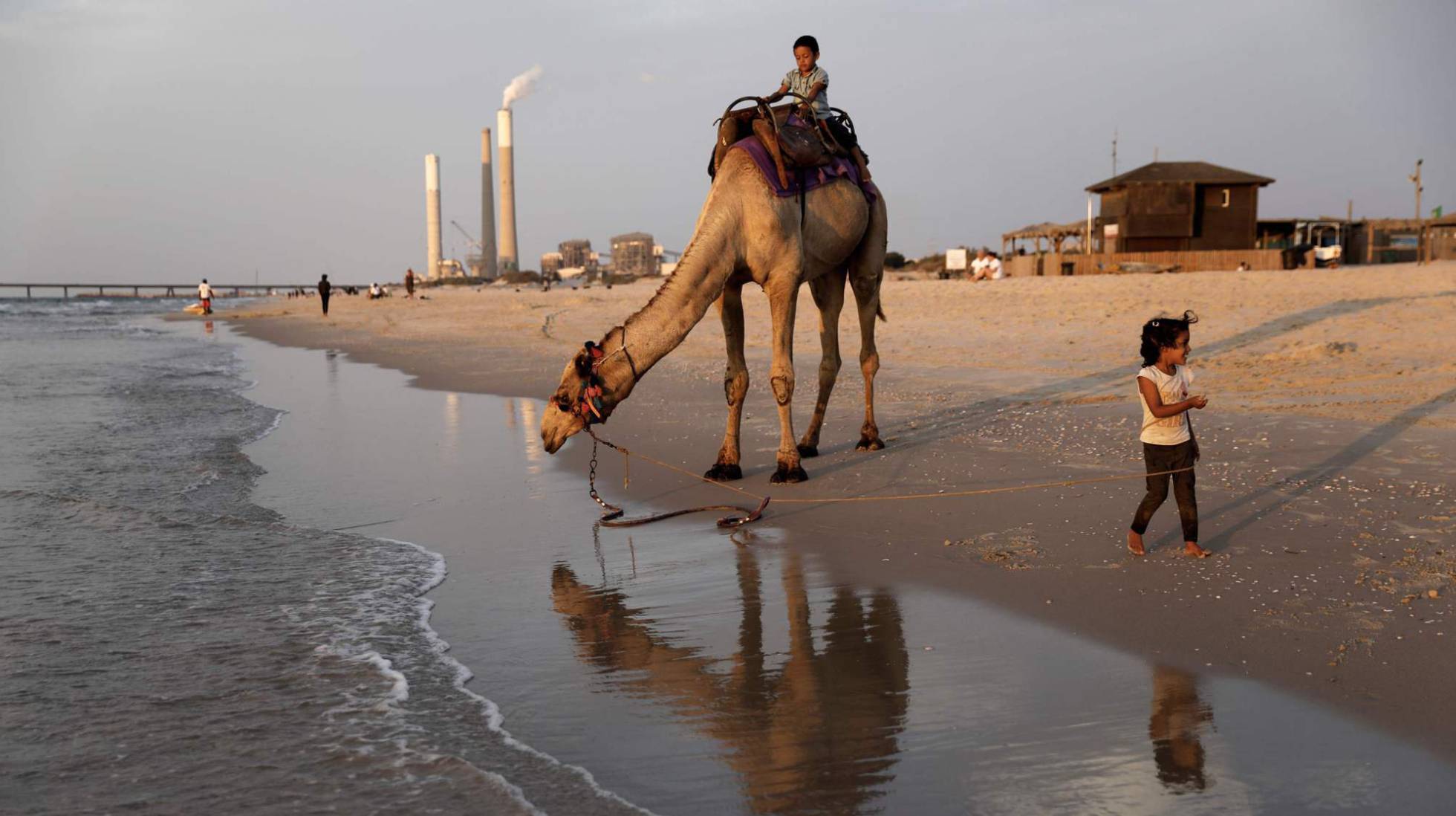In the Gaza Strip, the humanitarian conditions are devastating. More than a year after the beginning of the armed conflict, residents are forced to resort to turtle meat to feed themselves.
As they tell it, protein is scarce, the prices of available food are practically unattainable, and they do not have many options.
In Gaza they eat turtle meat to be able to feed themselves
After 18 months of war between Israel and the Palestinian Islamist movement Hamas, the territory and its 2.4 million inhabitants are in a critical humanitarian situation.
As portrayed by the Swissinfo outlet, they no longer pay attention to whether they are protected species internationally. The marine turtles that get trapped in fishermen’s nets are used to get by.
“We never thought we would eat turtle,” expressed Abdul Halilm Qanan, a fisherman.
 The war in Gaza (Photo: EFE).
The war in Gaza (Photo: EFE).
“When the war started, we had no food and this is all we had as protein. There was no meat, the prices of vegetables were astronomical. No one could afford it,” he added.
“The worst” humanitarian situation
According to the UN Office for the Coordination of Humanitarian Affairs (OCHA), the Gaza Strip is currently going through probably “the worst” humanitarian situation since the conflict began, triggered by the attack of the Palestinian Islamist movement Hamas against Israel on October 7, 2023.
Although a ceasefire came into effect on January 19, allowing humanitarian aid to enter the Strip, that peace was interrupted again on March 18.
The devastating environmental impact of the war in the Gaza Strip
The consequences are tragic in every way, and international humanitarian organizations continue to issue warnings. Months ago, the devastating environmental impact of the armed conflict was also confirmed.
In this context, and within the framework of the Day for the Prevention of Environmental Exploitation in War and Armed Conflicts, the UN Environment Program sent a strong message.
“These direct and indirect environmental impacts degrade ecosystems, worsen biodiversity loss, threaten public health, and undermine livelihoods,” highlighted the Program.
Therefore, managing the aftermath requires careful planning and coordinated efforts to ensure a sustainable recovery that protects both people and the planet.
 Pollution, among the effects.
Pollution, among the effects.
In this sense, to achieve the goals, “world leaders and everyone must do their part to protect the planet from the harmful effects of war on humanity.”
“UNEP supports countries to prepare for and recover from the environmental consequences of conflicts and crises,” they expressed.

